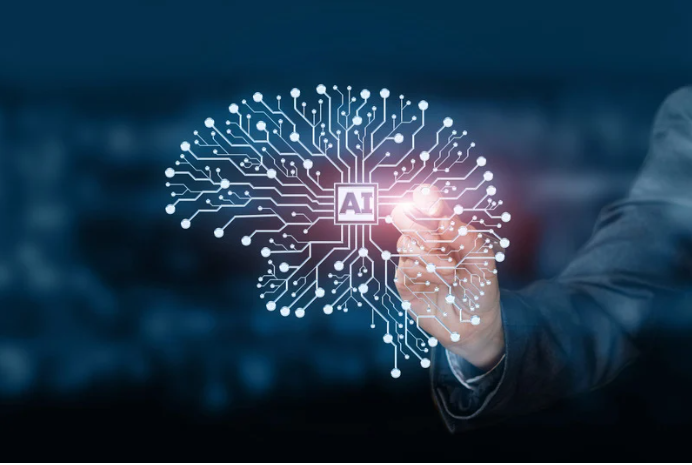The intersection of artificial intelligence and mental health

The Intersection of Artificial Intelligence and Mental Health
Artificial Intelligence (AI) is making significant strides in the field of mental health, offering innovative solutions to improve diagnosis, treatment, and accessibility. Here are some key applications and benefits of AI in mental health care:
Key Applications and Benefits
1. Enhanced Diagnosis and Monitoring
AI algorithms can analyze vast amounts of data from patient records, social media activity, and even voice and text patterns to detect early signs of mental health issues. This enables healthcare providers to intervene earlier and tailor treatments more effectively [1].
2. Virtual Therapists and Chatbots
AI-powered chatbots and virtual therapists provide immediate, accessible mental health support. These tools can offer cognitive behavioral therapy (CBT) techniques, mood tracking, and crisis intervention, making mental health care more accessible, especially in underserved areas [5].
3. Reducing Therapist Burnout
By handling routine tasks such as initial assessments and ongoing monitoring, AI can alleviate some of the burdens on human therapists. This allows them to focus on more complex cases, improving the quality of care and reducing burnout [3].
4. Personalized Treatment Plans
AI systems can analyze data to recommend personalized treatment plans based on individual patient needs and responses to previous treatments. This personalized approach enhances the effectiveness of mental health care [5].
5. Accessibility and Scalability
AI tools can provide scalable mental health services, reaching a larger population than traditional methods. This is particularly beneficial in regions with a shortage of mental health professionals [2].
Challenges and Considerations
1. Data Privacy
The use of AI in mental health raises significant data privacy concerns. Ensuring that sensitive patient data is securely handled and protected is crucial to maintaining trust and compliance with regulations [1].
2. Ethical Concerns
AI systems must be designed and deployed ethically, ensuring that they do not inadvertently cause harm. This includes addressing biases in AI algorithms that could affect diagnosis and treatment recommendations [1].
3. Need for Human Oversight
While AI can support mental health professionals, it cannot replace the nuanced understanding and empathy of human therapists. Ensuring that AI tools are used to augment rather than replace human care is essential [3].
4. Integration with Existing Systems
Integrating AI tools with existing mental health care systems can be challenging. Ensuring compatibility and ease of use is necessary for successful adoption [4].
Conclusion
AI has the potential to revolutionize mental health care by enhancing diagnosis, providing accessible support, and personalizing treatment. However, it is essential to navigate the ethical and practical challenges to fully realize these benefits. With careful implementation, AI can significantly improve mental health outcomes and make mental health care more accessible to all.
🌐 Sources
- binariks.com – AI in mental health: Applications, benefits & challenges
- forbes.com – AI In Mental Health: Opportunities And Challenges
- who.int – Artificial intelligence in mental health research
- ncbi.nlm.nih.gov – Artificial intelligence in positive mental health
- linkedin.com – The Use of AI in Mental Health and Therapy
- itrexgroup.com – AI in Mental Health – Examples, Benefits & Trends








Responses